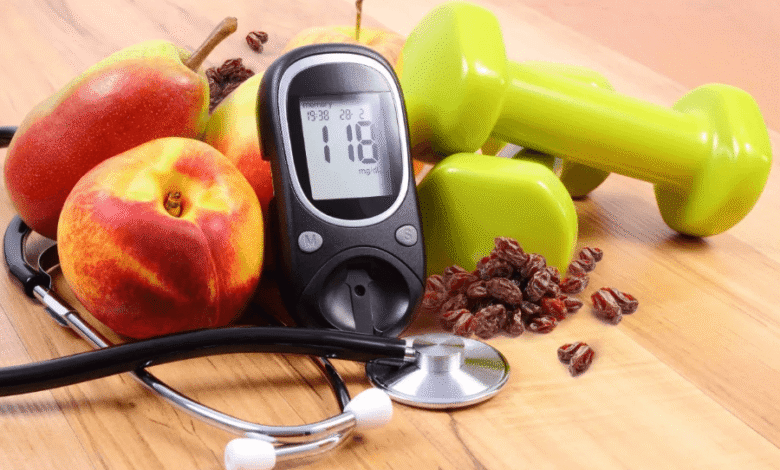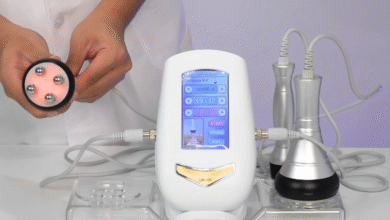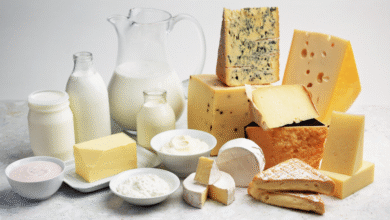Is Curd Good for Diabetes? Benefits & Blood Sugar Impact

Managing diabetes doesn’t mean giving up all your favorite foods. At Diabetes Telecare, we help patients discover safe and effective ways to enjoy a balanced diet. A common question that comes up is: “Is curd good for diabetes?” This post breaks it down for you, backed by science and tailored to your needs.
Curd, also known as yogurt, has long been celebrated for its nutritional value. But if you live with diabetes, you may wonder if it fits your dietary plan. Let’s explore how this fermented dairy product can support your blood sugar levels, weight goals, and overall health.
What is Curd?
To thicken the milk, the curd is fermented. Beneficial microbes contribute to milk’s thick, creamy, and sour taste.
Curd Nutritional Facts
Nutritional Facts (per 100g of plain curd):
Calories: 60-70 calories
Protein: 3.3-4 grams
- Helps build and repair tissues
- Supports muscle health
Carbohydrates: 4-5 grams
- Natural milk sugars (lactose)
Fat: 3-4 grams
- Contains healthy fats
- Helps absorb vitamins
Calcium: 120-150mg
- Essential for bone health
- Supports nerve function
Vitamins:
- B12: Supports brain function
- B2 (Riboflavin): Boosts energy
- D: Helps calcium absorption
See also: How Cape Town and Durban Rehab Centers Support Mental Health Recovery
Glycemic Index of Curd
Curd has a low glycemic index (35–40), making it a smart option for blood sugar control. This means it causes only a slow and steady rise in blood glucose, ideal for people with type 2 diabetes. But not all curd is created equal. Flavored or sweetened varieties often cause a spike in blood sugar. At Diabetes Telecare, we always recommend sticking to plain, unsweetened curd.
You can even add a handful of low-glycemic fruits (like berries) to enhance the taste without impacting your sugar levels significantly.
Curd Health Benefits
Strengthens Your Bones
Curd contains a significant amount of vitamin D and calcium. All of these nutrients work together to strengthen your bones.
Boosts Digestive Health
The probiotics in curd support your gut health. They help break down food better and reduce digestive problems.
Improves Immunity
Regular curd consumption boosts immunity. Positive bacteria attack dangerous pathogens.
Helps in Weight Management
The protein in curd helps keep you feeling full for longer. It can be a great addition to your weight management plan.
Better Heart Health
Regular consumption of curd may help reduce blood pressure. Healthy cholesterol levels are supported.
Enhances Skin Health
The zinc and vitamins in curd can give you healthier skin. Many apply it to facial masks for a natural shine.
Reduces Inflammation
The probiotics in curd alleviate inflammation. This can help with various health conditions.
Supports Mental Health
Recent research has demonstrated that gut health significantly impacts mood. Curd probiotics may relieve tension and anxiety.
Provides Energy
Vitamin B in curd helps transform food into energy. This makes a terrific post-workout snack.
Helps Absorb Nutrients
Curd’s helpful microbes improve nutritional absorption. This improves overall health.
Benefits of Curd for Diabetes
Low Glycemic Impact
Curd has a low glycemic index. So your blood sugar will not surge suddenly.
Better Blood Sugar
Control: The probiotics in curd may help improve insulin sensitivity. This can lead to better blood sugar management.
Protein Power
The protein content helps slow down the absorption of carbohydrates. This creates a more stable blood sugar response.
Calcium Connection
Calcium in curd may improve insulin function. This helps your body process sugar more effectively.
Weight Management
Supporting weight management is essential for diabetes control. Curd’s protein keeps you feeling full and satisfied.
Gut Health Benefits
Healthy gut bacteria from curd can improve glucose metabolism. They also help reduce inflammation associated with diabetes.
Safe Snacking Option
Plain curd makes a diabetes-friendly snack. While maintaining blood sugar levels, it delivers nutrients.
Is Curd Good for Diabetes Patients?
The age-old question, “Is curd helpful for diabetes?” Let us discover the answer through investigation. Diabetes patients can benefit from curd.
Yes—with the right approach. Curd can be a versatile, beneficial part of a diabetes-friendly diet. Just follow a few golden rules:
- Stick to plain, unsweetened curd
- Limit yourself to about one cup per serving
- Eat it with low-GI fruits or a sprinkle of nuts
- Enjoy it at breakfast or post-meal for digestive benefits
- Constantly monitor how your body responds.
At Diabetes Telecare, we often suggest that patients track their blood sugar levels after trying new foods. This helps tailor dietary plans that work for them. And remember—what works for one patient might not work for another. Personalized care is always best.
Ways to Incorporate Curd Into Your Diet
- Enjoy it plain with berries at breakfast
- Use it as a healthy dip or sandwich spread
- Make curd smoothies with low-glycemic fruits
- Serve it alongside meals like lentils, grilled chicken, or salads
- Use it in baking or as a butter substitute
- Add it to parathas, soups, or raita
Risks to Consider
Even though curd is a superfood, moderation is key:
- Avoid flavored/sweetened types—they contain added sugars
- Watch portion sizes to prevent extra calorie intake
- People with lactose intolerance should start slowly
- Monitor your body’s blood sugar response
Conclusion
One of the diabetes-friendly foods is curd—a smart choice due to its nutritious content and low glycemic index. Choose plain, unsweetened types and limit portions. Tracking blood sugar levels while eating curd is crucial.
At Diabetes Telecare, we help you discover simple, practical ways to build a diabetic-friendly lifestyle. If you’re curious about how to include curd—or any other food—in your daily meal plan, our online treatment programs and expert diabetes doctors are here to support you.
Consider booking an appointment with our specialist for personalized care and deeper insights into managing diabetes. Your health deserves the best attention.
For Contact: +92 323 3004420




